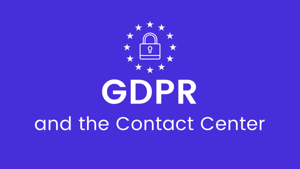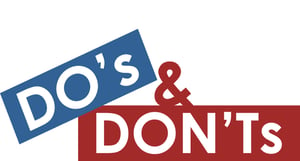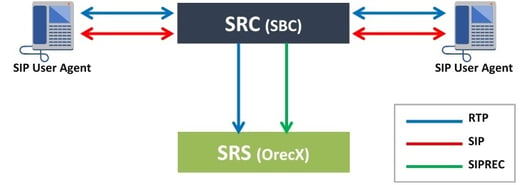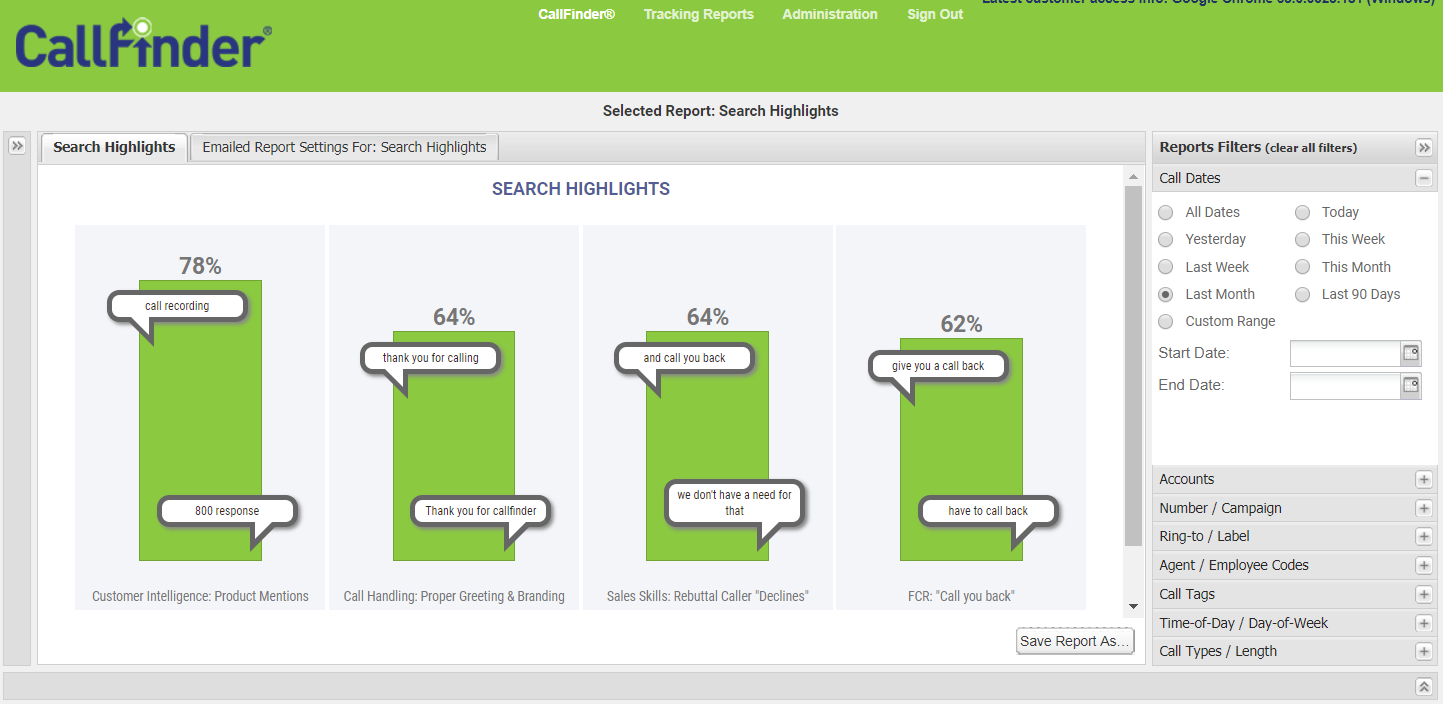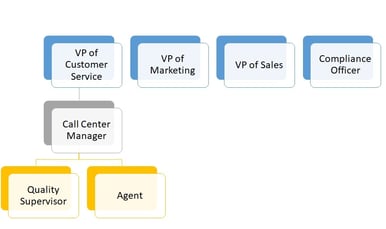According to leading independent research organizations, AI-fueled speech analytics has become a mission-critical application for contact centers intent on improving the customer experience and unlocking a treasure trove of hidden value . Speech Analytics can help identify at-risk customers, provide sales and marketing teams with campaign/promotion feedback, and arm the legal department with a tool to help enforce regulatory and internal compliance.
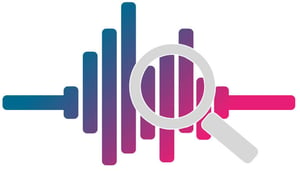
The foundation for speech analytics starts with the audio recording of the interaction, which is passed to a transcription engine and converted to a usable format (text) which can the be searched and analyzed with algorithms to identify patterns and characteristics which lead to actionable intelligence. Leading speech analytic vendors support both post-call and real-time to maximize the efficiency and value derived from their solutions.
Common obstacles experienced that diminish the overall value of speech analytics occur when recording vendors lack open APIs to access customer data, lack the capability to support real-time at scale, and cannot support stereo recording. Additionally, many vendors who offer competing solutions block customer access to their own recordings and associated meta data or charge costly 'extraction' fees for those customers that wish to use a 3rd party solution. With these approach restrictions, analytics accuracy hovers around just 70%.
To maximize Speech Analytics value, a recording vendor must support free and unrestricted access to recordings, produce high quality (stereo) output, and provide an open API to pass the recordings and the associated meta data to the analytics solution. When there is alignment with the recording and SA solution, companies see a significant rise in accuracy, up to 95%.
This type of recording solution could run in parallel to a company’s existing recording solution and simply be used as the engine to feed the analytics system. What’s more, with SIPREC recording, the company would have the flexibility to only capture and analyze the calls it wants to, rather than storing and processing all calls. This saves bandwidth, time and resources.
With the full capabilities of the organization’s existing recording system, this recorder could ultimately serve as the business’s sole recorder for speech analytics as well as for agent performance evaluations, customer service, dispute resolution, order verification and more.
This valuable data is used by customer service departments, contact centers as well as sales, marketing and R&D teams.
Contact Center Value
- Managing regulatory risk
- Reducing agent turn
- Security
- Order verification
- Dispute resolution
Business User Value
- Sales intelligence
- Marketing intelligence
- New product/feature ideas
- Competitive insight
- Campaign feedback
- Buying behavior


